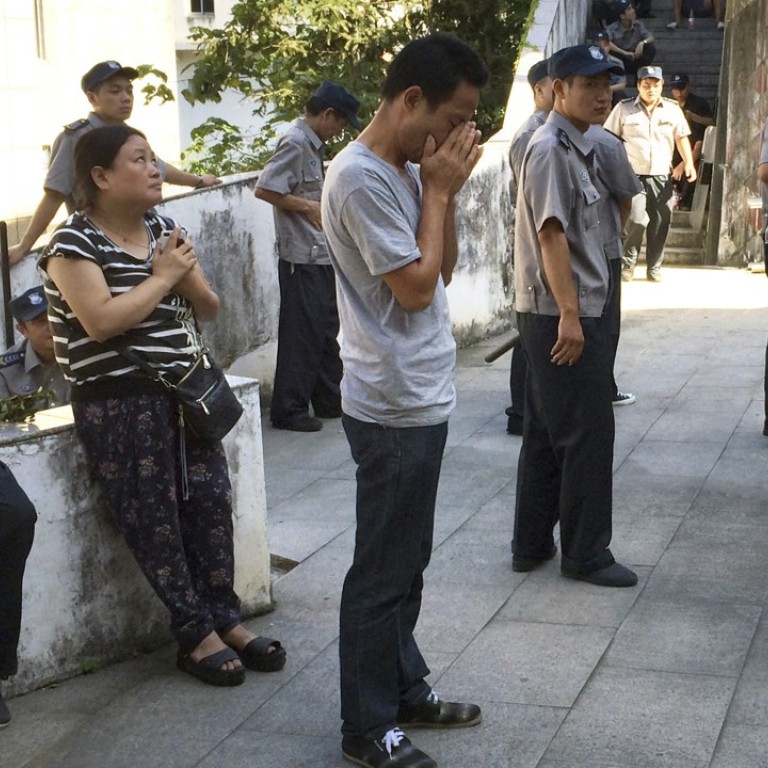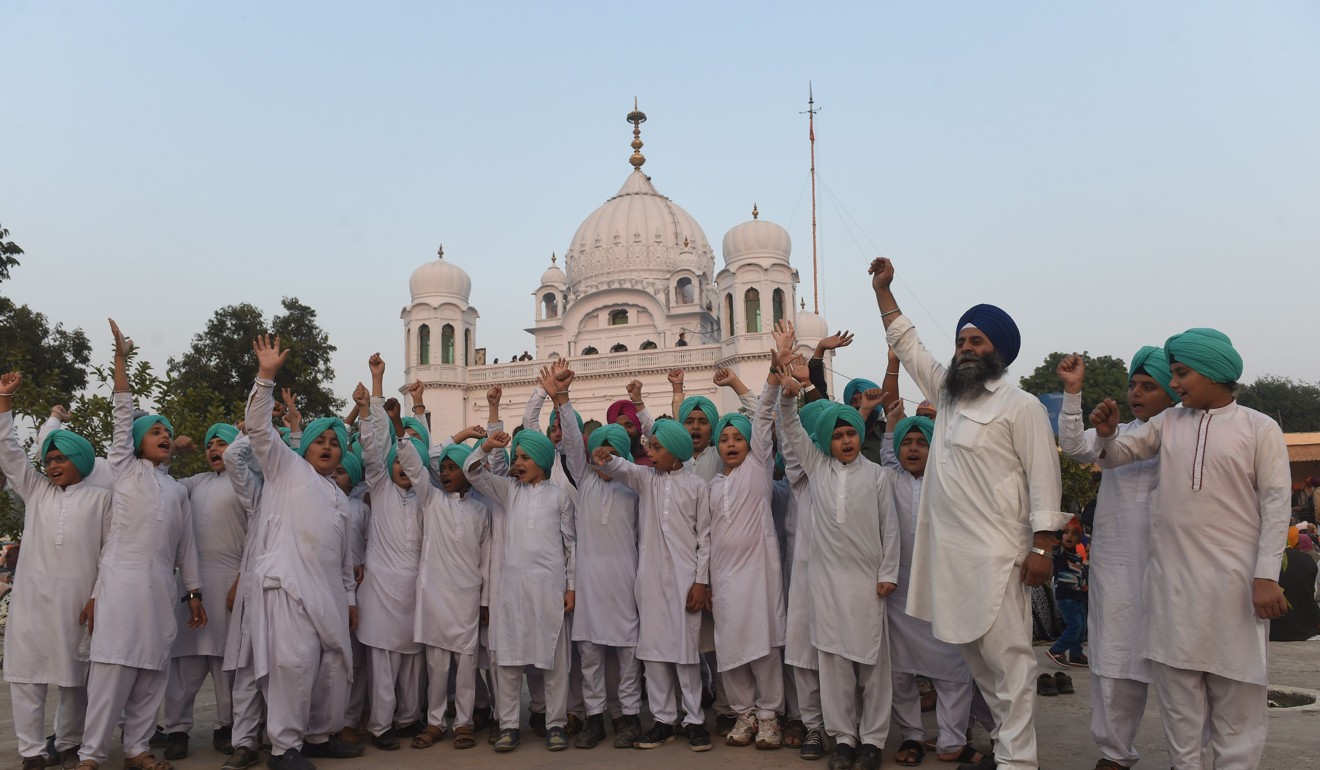Advertisement
Advertisement

Letters | The Uygurs’ plight is in the news, but who will speak up for China’s Christians?
US President Donald Trump is not to be blamed for the plight of the Uygurs and other religious minorities in China (“China ‘will retaliate’ if US sanctions it over Xinjiang human rights”, November 28). The Communist Party’s repression of religious freedom did not begin with Trump nor is it likely to end with him.
Chinese Christians suffered persecution for decades under Mao Zedong, following the Communists’ victory in 1949. From my vantage point in Hong Kong during the Cultural Revolution, the memories of those fateful years linger to this day.
China, India among worst for religious freedom, says Catholic group
An editorial in The New York Times rightly called on Trump to speak up on behalf of the Uygurs at the G20 summit in Argentina. But who will speak up on behalf of China’s Christians?
Despite the Communist Party’s unremitting anti-church campaign, the media is all but silent. Meanwhile, under Chinese President Xi Jinping, the government is toppling crosses, razing church buildings and persecuting believers.
Brian Stuckey, Denver

Imran Khan’s latest move was not an olive branch to India
From his letter “Pakistan has offered its hand on faith, India should not slap it back” (December 1), Naseer Ahmed seems to be a strong supporter of Pakistani Prime Minister Imran Khan.
Since the creation of the nation of Pakistan after 1947, Sikhs from India and the wider world have been visiting their holy sites in Pakistan, and even in Kartarpur, albeit taking a longer road route. They have always paid for their own visas and accommodation.
Millions of Christians, Muslims and Jews worldwide make such religious pilgrimages, sometimes at great risk. Pakistan’s move should not be seen as a political issue or as “extending an olive branch”.
K.M. Nasir, Mid-Levels

Post
